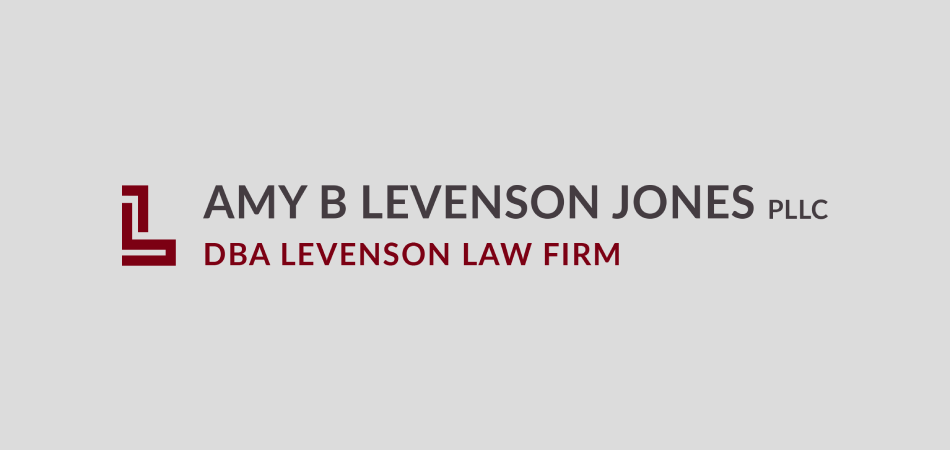|
|
Last Modified on Dec 24, 2025
It is common knowledge that embezzlement is a form of theft, but what is not common knowledge is how this type of thievery ended up earning its own definition in state legislatures. Per old English law, theft or larceny required “trespass.” With embezzlement, there is no infringement, as the person who does the taking is in lawful control of the assets. So, what makes an act embezzlement in Pennsylvania? FindLaw defines embezzlement, provides a few examples and explains who can be guilty of this crime.
According to FindLaw, your commit embezzlement when you are in legal possession of property that belongs to another person or entity and when you use your power to convert the said property for your own use. For the courts to consider your actions embezzlement, you must have acted without the intent to give the property back, and with the serious intent of denying the rightful owner of his or her rights to the property or funds. Examples of embezzlement include the following:
- Using up funds that are not rightfully yours
- Selling property or assets that you have no right to sell, and with the intent to keep the proceeds
- Giving away assets or funds that are not yours to give away
- Inflicting serious harm or damage to property that is not yours
- Withholding property that the original owner entrusted to you





